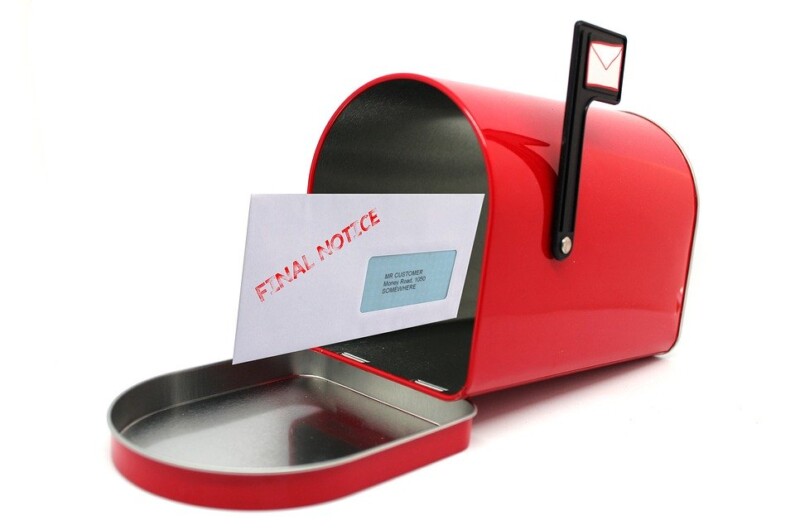Those in tough financial situations – whether due to Covid-19 or otherwise – have had a little extra breathing space over the past few months, while all evictions have been paused and debt-collectors have been told to stop their activity. From this week some of that activity will be starting back up again, so those with unpaid debts or mounting bills should take a moment to reflect on what they owe, prioritise the most important payments and seek extra help if needed.
Bailiffs return for unpaid council tax
For the last five months there has been nobody to chase up unpaid council tax debts, but this activity is now resuming. Although bailiffs will be following strict social distancing and infection control processes, they will still be allowed to enter homes to take items ‘under extreme circumstances.’
If you have a limited income and are trying to decide which bills to pay first, then council tax should always be prioritised. That’s because the potential legal penalties for unpaid council tax are far more severe than for other types of bills, credit cards or loans.
Eviction ban extended until 20 September
Rent takes up a huge chunk of many people’s paycheques – so although it’s never advisable to miss a rent payment, it’s understandable for those who may have lost their income. The government have recognised this, and banned landlords across England and Wales from evicting their tenants during the peak of the pandemic.
This ban was due to end on 21 August, but concerns about a sudden rush of evictions and potential homelessness have led to ministers delaying this for a further month. Even once the ban has been lifted, tenants will be given significantly more notice if they’re asked to leave: previously two months, the required notice is currently six months and will be until the end of the year.
Those who are struggling to pay rent have several options available to them:
- Speak to your landlord and agree a repayment plan. If you’re expecting your income to rise in the near future, then you may be able to put a plan in place to repay what you owe. Your landlord is more likely to be understanding about what has happened if you discuss it with them and explain how you’re hoping to resolve it.
- Speak to the local council. There may be benefits that you can claim – or, if you’re already receiving housing benefit/Universal Credit, it may be possible to get a further discretionary housing payment.
- If your inability to pay is caused by other debts, then consider speaking to the charity StepChange. They can talk you through different options, helping you to approach your creditors and get a payment plan in place.
- You could also consider getting in touch with housing and homelessness charity Shelter, who run a helpline supporting people in need of urgent advice. Do be aware that, due to strains on the service caused by Covid-19, their may be unusually long wait times on the phone.
Whatever you do, don’t bury your head in the sand. The longer you leave it before addressing the problem and getting some support, the more your payment arrears are likely to grow. Speaking to someone is also a great way to address some of the mental strain caused by financial worries.

